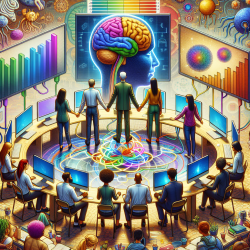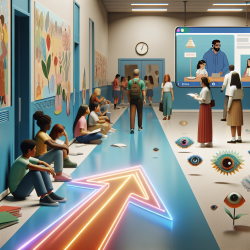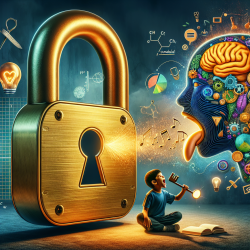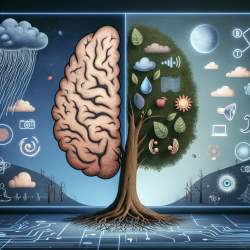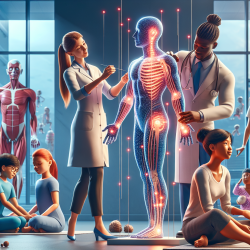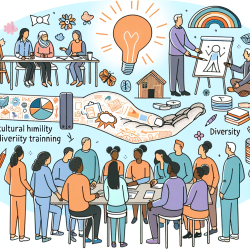Empowering Educators: Transforming Student Mental Health through Virtual Simulations
In today's educational landscape, the mental health of students has become a critical focus, especially in light of the ongoing challenges posed by the COVID-19 pandemic. Recent research highlights the potential of virtual human role-play simulations in equipping high school educators with the skills needed to identify and support students in psychological distress. This blog explores the findings from the study titled "High School Educator Training by Simulation to Address Emotional and Behavioral Concerns in School Settings: A Randomized Study," and how these insights can be applied to improve outcomes for students.
Understanding the Research
The study involved over 31,000 high school educators from across the United States, who participated in a randomized trial to evaluate the effectiveness of an online virtual human role-play simulation. The simulation aimed to teach educators evidence-based communication strategies, such as motivational interviewing, to better identify and support students experiencing psychological distress.
Key findings from the study include:
- Participants in the treatment group showed significant improvements in preparedness, likelihood, and self-efficacy to engage in helping behaviors compared to the control group.
- There was a marked increase in the number of students referred to mental health support services by educators who completed the simulation.
- The use of virtual simulations provided a non-judgmental environment, reducing the social evaluative threat often associated with face-to-face role-plays.
Implications for Practitioners
For practitioners looking to enhance their skills in supporting student mental health, the research underscores the value of integrating virtual simulations into professional development programs. Here are some actionable steps based on the study's outcomes:
- Adopt Virtual Simulations: Implement virtual human role-play simulations as part of ongoing training for educators. This approach not only enhances communication skills but also builds confidence in handling sensitive mental health issues.
- Focus on Evidence-Based Strategies: Emphasize the use of motivational interviewing techniques, which have been shown to effectively engage students and facilitate behavior change.
- Encourage Collaboration: Foster a culture of collaboration among educators, mental health professionals, and parents to create a supportive network for students.
- Track and Evaluate Outcomes: Continuously monitor the impact of training programs on student referrals and mental health outcomes to ensure effectiveness and make data-driven improvements.
Future Directions
While the study provides promising evidence for the use of virtual simulations, further research is needed to explore the long-term impact on school mental health culture and student outcomes. Future studies should consider:
- Documenting student entry into counseling services following educator referrals.
- Evaluating the broader impact of training on the overall mental health culture within schools.
- Exploring the scalability of virtual simulations to support public health initiatives in education.
As we continue to navigate the complexities of student mental health, integrating innovative training methods like virtual simulations can empower educators to be the "eyes and ears" for student well-being, ultimately creating a safer and more supportive learning environment.
To read the original research paper, please follow this link: High School Educator Training by Simulation to Address Emotional and Behavioral Concerns in School Settings: A Randomized Study.
